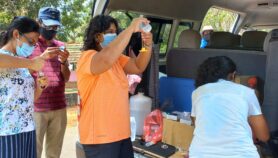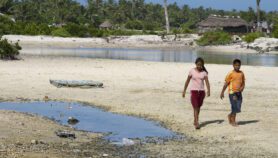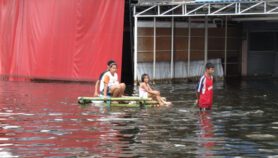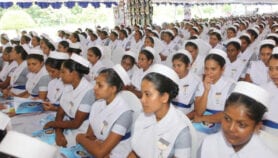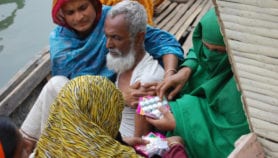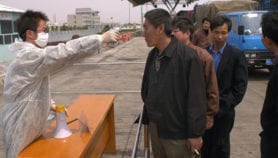By: Wagdy Sawahel
Send to a friend
The details you provide on this page will not be used to send unsolicited email, and will not be sold to a 3rd party. See privacy policy.
SciDev.Net spoke to several emigrated scientists from developing countries all of whom were in favour of the suggestions.
Two pointed out that developing countries need to take an active role in these initiatives.
“I believe that serious efforts must be taken by developing countries too,” said Munir Nayfeh, a Lebanese scientist at the University of Illinois in the United States.
Nayfeh is president of the Network of Arab Scientists and Technologists Abroad. “Arab countries, for example, must reach out to the Arab scientists abroad to accelerate [their] scientific and technological development,” he said.
Daniel Okenu, a Nigerian scientist at the Morehouse School of Medicine in the United States said that for the initiatives to be “of real impact”, two things were needed.
First, developing countries must commit themselves to supporting the growth of science and technology in their countries. Second, emigrated scientists and the countries they live in must demonstrate strong support for the initiatives.
Daar’s suggestions were based on a survey of emigrated scientists that he and his colleagues led in Canada.
The 60 self-selected participants admitted to a feeling of moral responsibility or the need to “give back” to their home countries. Yet few were in systematic professional contact with their home countries.
They said that a lack of time, finances and infrastructure contributed to the fact that they were not involved in scientific diaspora initiatives.
Some said they had not been approached and that it was difficult for them to initiate linkages while they were still at an early stage in their research careers.
Reference: Science 312, 1602 (2006)



